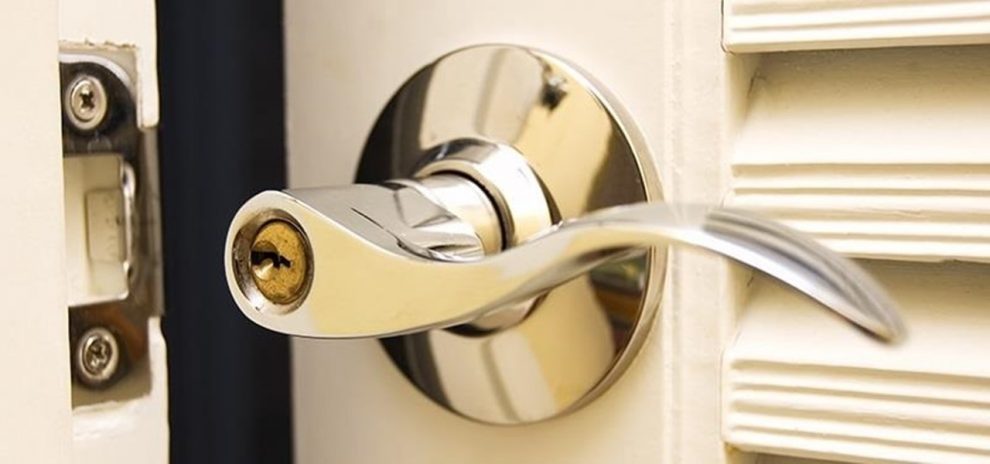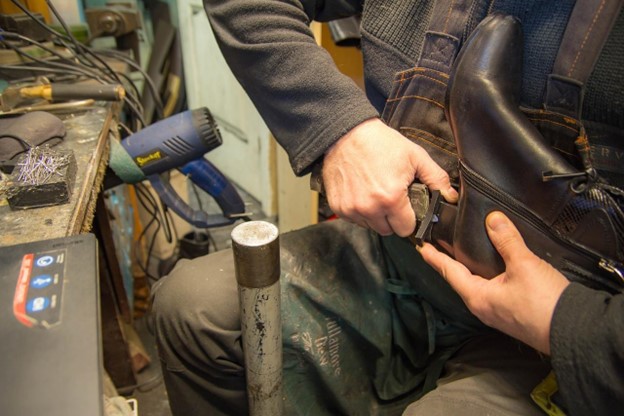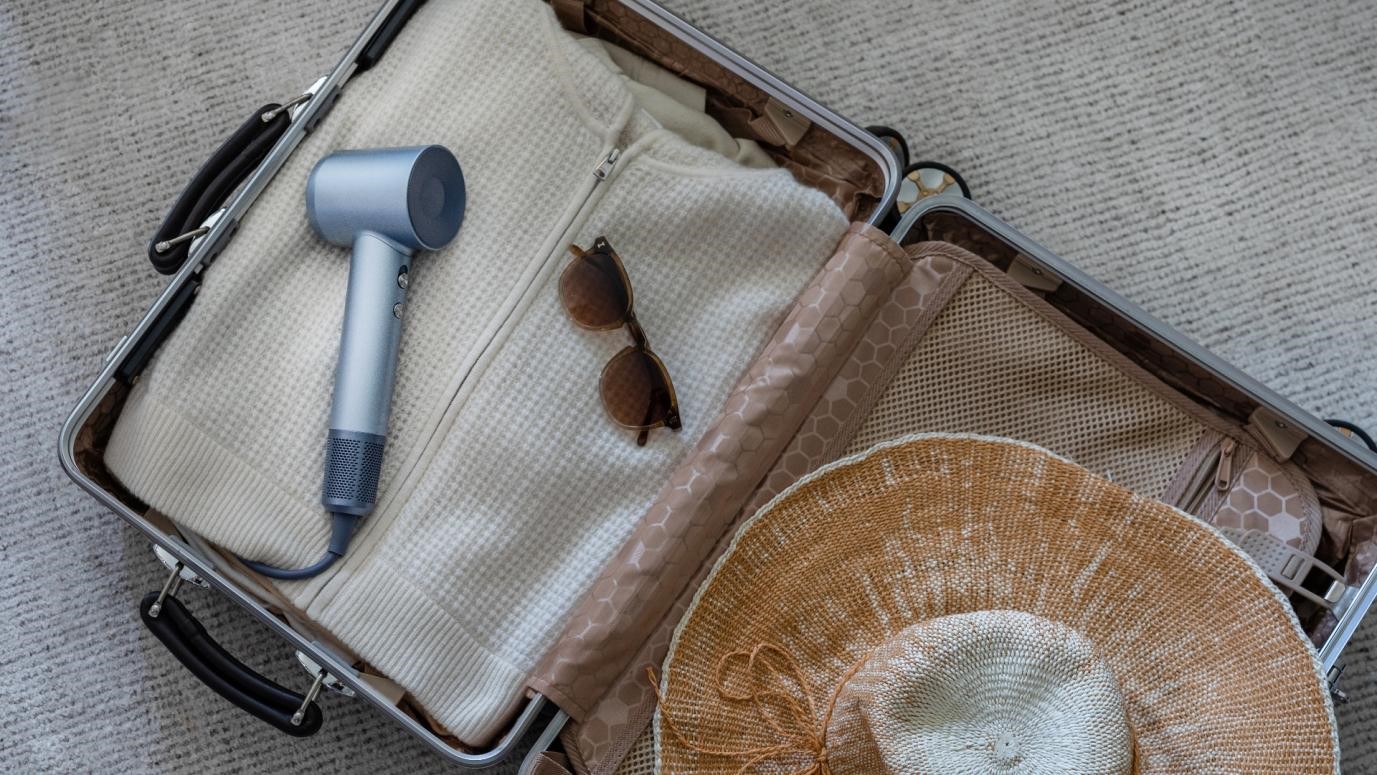On a daily basis, there are more than 250,000 Americans who find themselves in need of a locksmith. Keys get lost, locks get jammed and lockouts from homes and cars are more common than you might think. Luckily, a quick search online and a glance in the Sunday paper should bring you face to face with a number of local locksmiths around you, if you ever needed one. That’s a good thing, no? Well, it is, but to some extent. Because of the risk of scammers and con-artists that have tainted this trade for years, you should always be careful!
Don’t believe everything you read and rush into hiring a contractor, service provider or locksmith, without following our 9 tips on how to avoid being scammed!
Real or Fake?
When a phone directory lists seven different locksmith companies all on the same street, chances are a few of them are listing some addresses as their business headquarters, when in fact they include other on-related businesses and shops. The fake listings are most likely scammers pretending to be lock technicians. According to Jim Hancock (ALOA), fraudulent locksmithing businesses are on the rise. At the same time, ALOA currently hosts 6,000 members who’ve been through careful background checks. If you are looking for a trustworthy professional locksmith you can know for sure will not overcharge you or con you in any way, make sure you search for their logo on their sites.
Also, there are people who advertise themselves as legitimate locksmiths, but at the same time promote fake addresses and provide toll-free contact numbers in Yellow Pages or online, on specialized directories or on their websites. Usually, these 800 numbers are tied to call centers that will give you a very low estimate over the phone. Unfortunately, more often than not, the prices are too small to be real and the so-called locksmiths that will reach you are bound to scam you.
How The Scams Usually Go
Someone who is NOT a locksmith will pretend they cannot open the door to your home or car and recommend drilling it or breaking it off and install a new lock to replace the one they are getting ready to break. Not only is their drilling excessive and most likely unnecessary, but you should also expect to be charged a preposterously large amount of money – 100% cash.
9 Tips On How To Steer Clear From Scammers
- Whenever possible, look for the ALOA logo on a locksmith’s website. Keep in mind only around 6,000 locksmiths are part of the Associated Locksmiths of America, so you may not be able to come across an ALOA member in your area.
- If you book online, make sure to use an authority website like Locksmiths Locator and similar platforms.They publish all of their services on their site, along with a transparent list of prices and service fees so you know what to expect.
- Get references from coworkers, friends and family before you are confronted with a lock or key emergency. This way, you can do your research while in a more peaceful mood and prevent strong negative emotions from influencing your decisions.
- Check out the Better Business Bureau office and get any information on the background, fraudulent activity or lawsuits filed against a locksmith you are considering hiring.
- Pay special attention to companies that answer their phone with a generic name like “locksmith services” instead of using the actual name of their business. Confront them about it and ask them to state the official name of their service; if they refuse to do it for one reason or the other, hang up and call a different service.
- If you find a contractor on your own, always make sure you ask for an ALOA ID so you can do a quick background check online before agreeing upon hiring their service.
- Keep in mind 14 US states ask locksmiths to carry licensing proof. The list includes Alabama, California, Texas, New Jersey or Oregon, to name just a few.
- For special services that are not listed with a fixed price on the service providers homepage, make sure to ask for a written estimate. It can be sent by email or SMS. Make sure it includes everything from service fees, mileage charges, and any additional fees.
- Also, ask for a receipt when making your payment.
Let’s hope you won’t lock yourself out but if you do, follow these guidelines and everything will be ok!








Add Comment